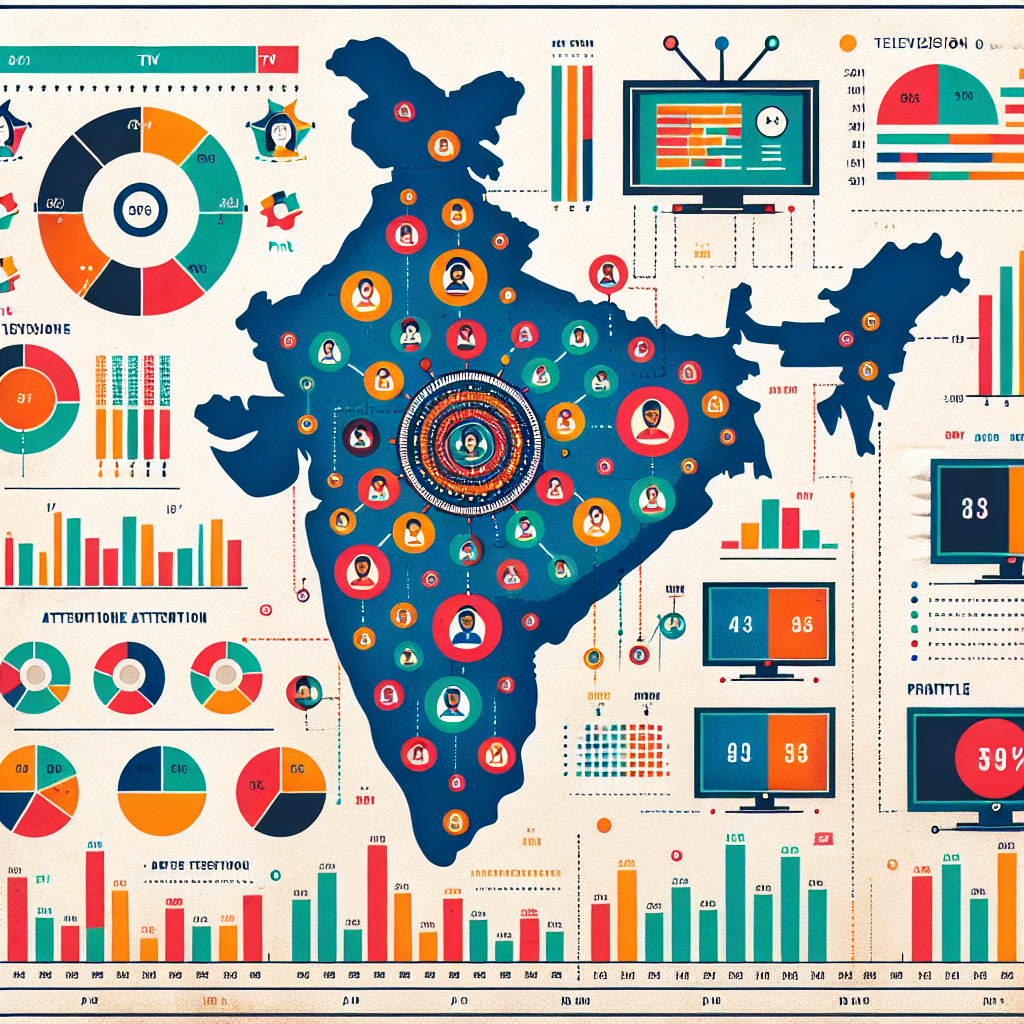How Businesses Can Prepare for Future Data Protection Laws
It was during a routine digital marketing campaign review that Pedro experienced a moment of genuine concern. Their targeting metrics were impressive—conversion rates had doubled—but as Pedro scrolled through the granular data they had collected on their customers, a troubling question surfaced: Did these people truly understand what they had consented to? The following week, news broke of a major competitor facing a €20 million fine for data protection violations they hadn't even recognized they were committing. That moment transformed Pedro's perspective on privacy compliance from a legal checkbox to a fundamental business imperative. Pedro began researching extensively, speaking with legal experts and privacy advocates, determined to understand not just current regulations but where the regulatory landscape was heading. What Pedro discovered fundamentally changed the company's approach to data governance.
Introduction: The Evolving Data Protection Landscape
The regulatory environment for data protection is experiencing unprecedented acceleration. Beyond established frameworks like GDPR in Europe and CCPA/CPRA in California, over 120 countries have now enacted comprehensive data protection legislation. With each new regulation, the compliance bar rises: consent requirements become more stringent, data subject rights expand, and penalties grow more severe.
This regulatory expansion reflects profound shifts in consumer expectations and technological capabilities. As AI systems process increasingly intimate personal data and cross-border data flows intensify, regulators worldwide are responding with more comprehensive and demanding frameworks. Forward-thinking businesses recognize that preparing for future data protection laws isn't merely about avoiding penalties—it's about building sustainable customer trust in an era where data sovereignty has become a competitive differentiator.
1. Building an Adaptive Data Governance Framework
Creating organizational structures that can evolve with regulatory changes is essential:
a) Data Mapping and Classification Systems
Comprehensive visibility into data flows forms the foundation of adaptable compliance. Companies like Microsoft implement dynamic data classification systems that automatically categorize information based on sensitivity and regulatory implications, reducing compliance gaps by 45%.
b) Privacy by Design Implementation
Organizations must embed privacy considerations into product development lifecycles rather than treating them as post-launch considerations. Airbnb's privacy engineering team employs a "privacy review gateway" at each development milestone, resulting in 70% fewer privacy-related product delays.
c) Regulatory Intelligence Mechanisms
Leading organizations establish dedicated functions to monitor emerging legislation. Pharmaceutical giant Novartis maintains a "regulatory radar" system that provides 12-18 month forecasting of privacy regulations across 90+ markets, enabling proactive adaptation.
According to Harvard Business Review research, companies that implement adaptive governance frameworks reduce compliance costs by 30% compared to those taking reactive approaches.
2. Technology Infrastructure for Regulatory Agility
Technical foundations must support rapidly evolving compliance requirements:
a) Consent Management Evolution
Beyond basic cookie banners, organizations need granular consent architectures. Unilever's consent platform allows consumers to modify permissions across 400+ data processing activities, increasing opt-in rates by 22% through transparency.
b) Automated Data Rights Fulfillment
Manual processes for handling subject access requests become untenable as regulations expand. Telecommunication company Vodafone implemented an automated rights fulfillment system that reduced request processing time from 30 days to 3 days while cutting operational costs by 40%.
c) Data Localization Capabilities
With 36 countries now imposing data residency requirements, flexible storage architectures are crucial. Cloud provider AWS has expanded its regional infrastructure to allow customers to specify precise data storage locations, facilitating compliance with divergent regional requirements.
3. Strategic Integration of Privacy and Business Objectives
Forward-looking organizations position privacy as a strategic enabler:
a) Zero-Party Data Strategies
As third-party data sources face increasing restrictions, collecting data directly through explicit interactions becomes essential. Beauty retailer Sephora's preference centers gather detailed consumer preferences directly, generating 3x higher engagement than third-party audience targeting.
b) Data Minimization as Operational Advantage
Companies that audit and eliminate unnecessary data collection reduce both compliance risk and infrastructure costs. IKEA's "essential data initiative" reduced customer data collection points by 60%, simultaneously decreasing storage costs and regulatory exposure.
c) Privacy as Brand Differentiation
Progressive brands convert compliance into competitive advantage. Apple's App Tracking Transparency framework transformed a regulatory requirement into a marketplace differentiator, with 62% of consumers reporting increased brand trust following its implementation.
Professor Daniel Solove of George Washington University notes that "organizations viewing privacy as a strategic asset rather than a compliance burden consistently outperform competitors in consumer trust metrics."
4. Building a Resilient Privacy Culture
Organizational mindsets ultimately determine compliance effectiveness:
a) Executive Accountability Structures
Companies like Cisco incorporate privacy metrics into executive compensation, signaling organizational commitment and driving leadership engagement.
b) Cross-Functional Privacy Champions
Distributing privacy expertise beyond legal departments creates organizational resilience. Salesforce maintains a network of 200+ "privacy champions" embedded within product and engineering teams, reducing privacy-related development delays by 35%.
c) Continuous Privacy Training
Regular education adapted to specific roles enhances compliance. Financial services firm Mastercard developed role-based privacy training modules, resulting in a 60% reduction in internal privacy incidents.
McKinsey research indicates that organizations with robust privacy cultures experience 50% fewer data breaches while responding 40% faster when incidents occur.
Conclusion: From Compliance to Competitive Advantage
The future of data protection regulation is clear: requirements will become more stringent, consumer expectations will rise, and penalties for non-compliance will grow more severe. Yet within this challenging landscape lies opportunity. Organizations that build flexible governance structures, adaptable technical architectures, and privacy-centric cultures will not merely avoid penalties—they will develop deeper customer trust and more sustainable data practices.
As Ann Cavoukian, creator of Privacy by Design, observes: "Privacy is not about secrecy—it's about control, user empowerment, and responsible innovation." Businesses that embrace this perspective will transform regulatory compliance from a burden into a foundation for long-term competitive advantage.
Call to Action
For business leaders navigating this complex regulatory future:
- Conduct a comprehensive data inventory to identify high-risk processing activities
- Develop scenario planning for emerging regulatory requirements in key markets
- Implement privacy impact assessments for all new data initiatives
- Create cross-functional privacy governance committees with clear executive sponsorship
- Invest in privacy-enhancing technologies that facilitate compliance while enabling innovation
Organizations that act now to build these capabilities will not only prepare for coming regulatory changes—they will help shape the future of responsible data stewardship.
Featured Blogs

TRENDS 2024: Decoding India’s Zeitgeist: Key Themes, Implications & Future Outlook

How to better quantify attention in TV and Print in India

AI in media agencies: Transforming data into actionable insights for strategic growth

How the Attention Recession Is Changing Marketing

The New Luxury Why Consumers Now Value Scarcity Over Status

The Psychology Behind Buy Now Pay later

The Rise of Dark Social and Its Impact on Marketing Measurement

The Role of Dark Patterns in Digital Marketing and Ethical Concerns








